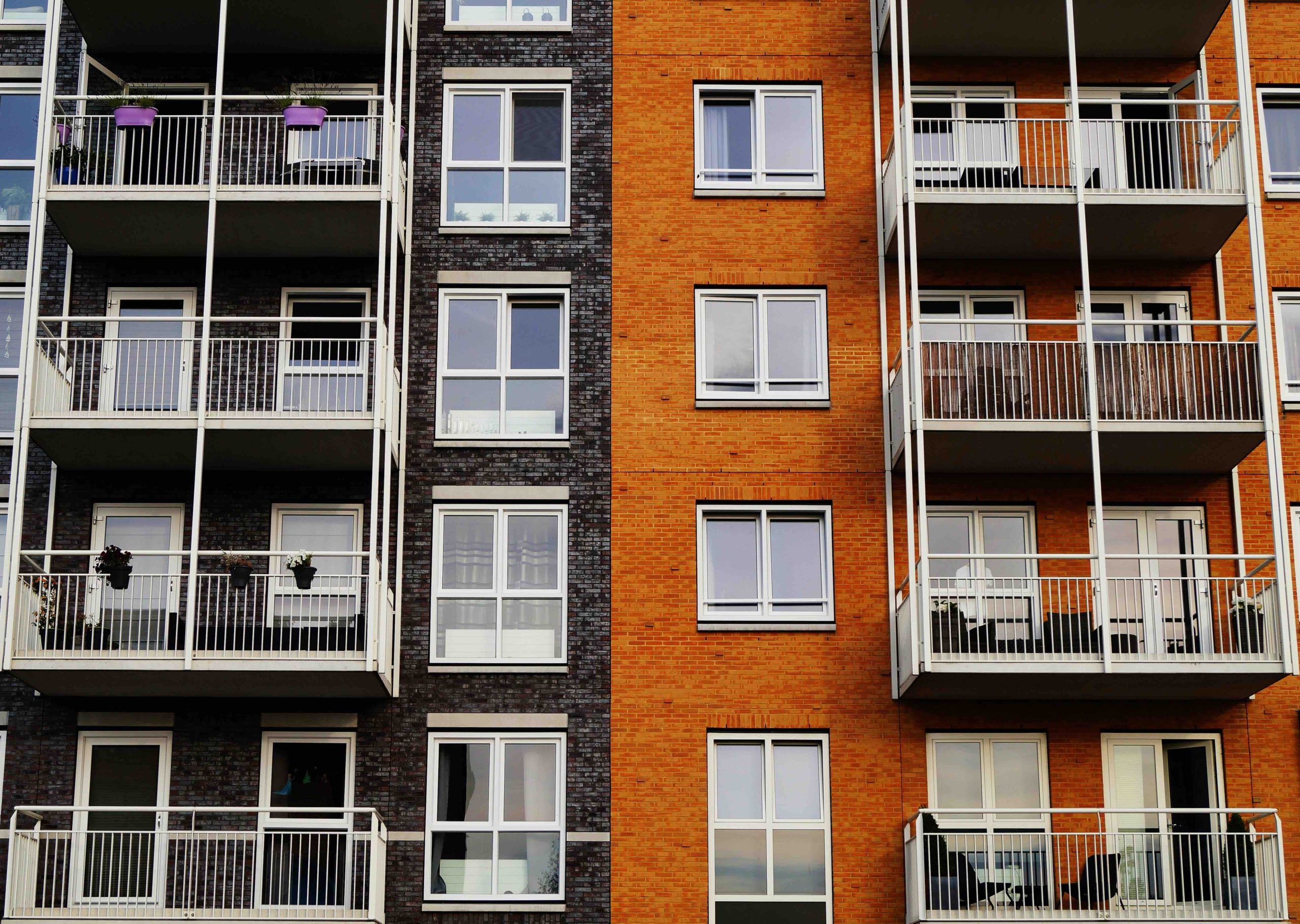Buying a property or renting a home is one of the biggest financial and lifestyle choices you’ll make. Each path has solid benefits—and real trade-offs. This guide gives you a clear, practical, and confidence-building view so you can decide on your terms ✨.
⚡ Quick Take: The Fastest Way to a Smart Decision
- Rent if you need maximum flexibility (job mobility, personal transitions), have a limited down payment for now, or want a predictable budget in the short term.
- Buy if your horizon is 5–10+ years, your finances are stable, and you want to build equity while enjoying the freedom to customize your home.
- Break-even usually appears when you stay long enough to smooth out acquisition, upkeep, and resale costs—and when the local market supports long-run value.
- Run your numbers with a neutral tool: Rent vs. Buy Calculator 🧮 (enter rent, down payment, horizon, etc.).
🧭 Table of Contents
- Renting: benefits, drawbacks, and when it shines
- Buying: benefits, drawbacks, and true costs
- Side-by-side comparison (table)
- Scenarios & practical rules
- Buy or rent by property type: house, condo, apartment
- Top 10 mistakes to avoid
- Decision checklist
- My broker’s view
- FAQ
- Conclusion & next steps
📌 Renting: Benefits, Drawbacks, and When It Shines
✅ Renting Benefits
- Maximum flexibility — change neighborhoods, cities, or housing types with fewer strings attached at lease end.
- Fewer responsibilities — major repairs (roof, structure, heating system) are on the owner.
- Easier entry — no big down payment or high upfront transaction costs.
- Predictable budgeting — a known monthly rent and fewer surprise expenses.
- Mobility-friendly — great when your job or life may evolve quickly.
⚠️ Renting Drawbacks
- No equity building — rent is a consumption expense; it doesn’t create an asset in your name.
- Owner-dependent — rent adjustments, building rules, and lease termination are outside your control.
- Limited customization — major improvements aren’t your call.
- Potential indexation — rents can climb over time.
For a practical, everyday overview of renting vs. buying pros and cons, see this concise guide: Advantages & Disadvantages of Renting vs. Buying 🧠.
When Renting Is Strategically Smart 💡
- Short or uncertain horizon — studies, evolving job, or shifting family needs.
- Deliberate savings phase — use renting to build a stronger down payment and emergency fund.
- Neighborhood testing — try a sector before committing to ownership there.
🏠 Buying: Benefits, Drawbacks, and True Costs
✅ Buying Benefits
- Equity building — each mortgage payment increases your ownership stake (forced savings).
- Appreciation potential — over the long run, real estate can rise in value and grow your net worth.
- Residential stability — you make the decisions; no landlord constraints.
- Freedom to personalize — layouts, finishes, renovations… it’s yours.
⚠️ Buying Drawbacks
- Upfront costs — down payment, lender fees, legal fees, land transfer taxes, home inspection, etc.
- Ongoing upkeep — roof, windows, plumbing, appliances: all on you.
- Commitment & liquidity — selling takes time and can involve costs; property is less liquid than cash or securities.
- Market variability — prices can fluctuate; a longer horizon matters.
Costs You’ll Actually Feel 🧾
- Down payment (size depends on price and financing product).
- Legal/notary costs (for purchase and mortgage instruments).
- Land transfer taxes (varies by municipality/region rules).
- Home inspection (strongly recommended).
- Maintenance reserve (budget a realistic yearly percentage of the home’s value).
- Insurance (home, and possibly mortgage insurance depending on the case).

📊 Side-by-Side Comparison (Table)
Here’s a simplified view to frame the two options at a glance:
| Renting — Key Points | Buying — Key Points |
|---|---|
| Flexibility, fewer maintenance surprises, easier entry | Equity building, stability, freedom to renovate |
| No asset creation, dependent on landlord decisions | Upfront costs, ongoing maintenance, lower liquidity |
| Best for short/uncertain horizons | Best for long horizons (5–10+ years) |
🧮 Scenarios & Practical Rules
Baseline: How to Compare Renting vs. Buying
- Renting: monthly rent (with possible annual increases), tenant insurance, utilities; minimal major repairs at your cost.
- Buying: mortgage payments + property taxes + maintenance + insurance + (if condo) monthly HOA/condo fees.
Rules of Thumb That Keep You Grounded
- Horizon: if you expect to move within 2–3 years, renting is often more rational. Beyond 5–10 years, buying tends to win.
- Emergency buffer: if a purchase drains your liquidity and leaves no safety net, consider waiting.
- Payment gap: if ownership materially raises monthly outflows, compare the gap to what you could invest while renting.
- Risk tolerance: real estate is illiquid; if you dislike uncertainty or expect high mobility, renting fits better.
Curious about the “rent and invest the difference” angle? Here’s a digestible finance-oriented discussion: Rent or Buy and Invest? 📈. It helps you weigh the opportunity cost of capital against the benefits of ownership.
🏘️ Buy or Rent by Property Type
🏡 House: Buy or Rent?
Renting a house delivers space (yard, garage, extra rooms) without shouldering major repairs. It’s compelling if you want to “test-drive” suburban life, are forming a family plan, or need room temporarily (remote work studio, hobby space, home daycare). The trade-off: you remain bound to lease terms and you don’t build equity.
Buying a house is the classic path to wealth building and creative control. Plan for maintenance (roof, exterior, systems), potentially higher energy costs (larger area), and time management (yardwork, upkeep). It’s ideal if you think in medium/long horizons and value the freedom to tailor your space.
What to Watch With a House
- Building age — structure, envelope, windows, roof condition.
- Energy profile — heating/cooling efficiency and costs.
- Location utility — schools, services, commute routes, transit options.
🏢 Condo: Buy or Rent?
Renting a condo appeals for comfort (elevator, gym, pool, parking), often central location, and low personal maintenance. Downsides: condo rules (noise, pets, BBQs, short-term rentals) and the fact you’re not creating an asset.
Buying a condo can be an excellent entry to ownership, balancing accessibility and lifestyle. Budget for condo fees (common area upkeep, reserve funds) and potential special assessments. Always read the condo documents (meeting minutes, budgets, maintenance plans) to gauge building financial health.
What to Watch With a Condo
- Reserve fund + maintenance plan (avoids nasty surprises).
- By-laws — pets, renos, rental policies, shared space use.
- Build quality — soundproofing, materials, workmanship.
🛋️ Apartment: Buy or Rent?
Renting an apartment is often the most flexible, budget-friendly way to start out or navigate transitions. It gives you a predictable payment, a right-sized set of rooms, and minimal extraordinary costs. It’s also a clever way to target a specific neighborhood at lower cost before possibly buying there.
Buying an apartment typically means acquiring a condo unit. The same considerations apply: shared costs, reserve funds, rules, build quality. It’s a great door into ownership when you want centrality and building amenities.
🚧 The 10 Most Common Mistakes to Avoid
- Deciding only by “feel” without a spreadsheet or calculator.
- Forgetting maintenance (ownership) or rent escalation (tenancy).
- Overestimating your shock-absorber — roofs and water heaters do fail.
- Ignoring horizon — buying for 2 years rarely optimizes outcomes.
- Draining all liquidity — keep a real emergency fund.
- Underestimating “invisible” costs — moving, furniture, appliances, landscaping.
- Skipping condo docs — minutes, budgets, reserve fund (if condo).
- Downplaying location — proximity to services/axes = daily quality + resale appeal.
- Not projecting your life — remote work, kids, mobility, health needs.
- Indefinite postponing — a 90% decision taken beats a 100% decision never made.
✅ Decision Checklist (Save This!)
- Horizon: will I stay 5–10+ years?
- Safety: do I have 3–6 months of expenses saved?
- Budget: housing ≤ ~30–35% of net income?
- Stability: job, family, and projects are reasonably clear?
- Risk tolerance: comfortable with illiquidity and surprises (ownership) or with potential rent variability (tenancy)?
- Lifestyle: freedom to renovate vs. freedom to move.
- Property type: house (space), condo (amenities), apartment (accessibility).
- Neighborhood: services, schools, commute, and resale liquidity.
💬 My Broker’s View
The best decisions blend numbers with life plans. If your horizon is long, you value stability, and you enjoy tailoring your space, buying usually wins. If you’re in a transition phase, want to test an area, or need to strengthen your savings before committing, renting is a smart strategy.
Want a tailored read on your situation (budget, neighborhood, property type)? I can help—diagnostics, side-by-side comparisons, acquisition strategy, and more. If you’re also thinking of selling, browse my seller’s guide for a smooth, well-managed transaction from A to Z.
❓ FAQ
Is buying always better than renting?
No. Buying shines with longer horizons and stable finances; renting works when flexibility matters (mobility, uncertainty, savings in progress).
How much do I really need to buy?
Plan for a down payment and acquisition costs (legal fees, land transfer taxes, inspection, moving, furnishing). The exact amount depends on price and financing program.
What if I’m afraid of surprises?
Build a strong emergency fund. Without it, renting can be calmer while you save.
Is a condo a good first purchase?
Often yes—for accessibility and location. Review the reserve fund, by-laws, and fees to avoid surprises.
Is renting “throwing money away”?
Not if renting serves a plan (mobility, savings build-up, neighborhood testing). You’re buying flexibility and low exposure to shocks.
House vs. condo: which should I pick?
House for space and full freedom—with heavier upkeep. Condo for amenities and centrality—with shared rules and monthly fees.
What about an apartment?
Perfect for starting out, moving easily, or targeting a specific neighborhood before buying.
How do I lower ownership risk?
Professional inspection, careful review of condo docs (if applicable), realistic budgeting, maintenance reserve, and choosing a neighborhood with solid resale dynamics.
Should I invest my savings instead of buying?
It depends on your risk profile, expected returns, and life goals. A hybrid path (keep investing while renting, then buy later) can be very rational.
✅ Conclusion & Next Steps
The best choice aligns your numbers with your life. Renting offers agility and fast access; buying builds stability and long-run value. Take time to quantify (use the calculator), clarify your horizon and priorities, then choose deliberately.
To go further, explore more real-estate articles, see why work with me, and when you’re ready—or want a personalized opinion—contact me here 📞. I’ll guide you step by step, from budget framing to the day you get the keys.




